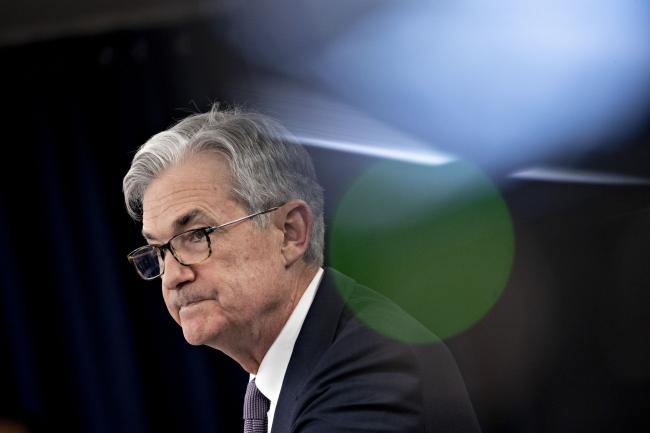(Bloomberg) -- Fiscal, education and health-care policies in the U.S. can do more than monetary policy to combat the higher unemployment rates experienced by Black Americans, Federal Reserve Chair Jerome Powell said Wednesday following the central bank’s July policy meeting.
“We don’t really have tools that can address disparate distributional outcomes,” Powell told reporters.
Economists Jared Bernstein and Janelle Jones have called on the Fed to target the African American unemployment rate when it makes policy decisions in order to better narrow the gap between White and Black unemployment. The Black jobless rate was nearly double that of White Americans’ in February, the peak of the last expansion cycle and a month that policy makers now often look back on wistfully.
Powell has previously talked about the disproportionate impact of pandemic job losses on women and minority Americans, calling it “heartbreaking” at a press conference following the Fed’s April meeting. He made similar remarks Wednesday and insisted the central bank has grown increasingly aware of racial employment gaps.
“We have started in recent years to focus considerable time and attention on disparate levels of unemployment, for example among different racial groups and demographic groups,” he said.
The unemployment rate for women climbed to 15.5% in April, while the overall rate touched 14.7%. The crisis also exacerbated joblessness among Black Americans, for whom unemployment hit 16.7%, though it was even higher for Latino Americans, reaching 18.9% that month, the highest among the largest race groups.
The call to specifically target minority unemployment rates comes as economists look to the recovery from the 2008 financial crisis for lessons in how to jump-start growth more equitably this time around. In late 2015, when the Fed began raising interest rates for the first time since the 2007-2009 recession, the White unemployment rate was at 4.4% but the Black rate was at 9.4%.
Powell and other Fed officials have said that they may be able to run the economy a bit “hotter” in the recovery from this crisis, thereby spurring bigger declines in minority unemployment rates without running up inflation.
Joe Biden, the presumptive Democratic nominee for president, Tuesday called for an amendment to the Federal Reserve Act that would require the Fed to report on racial economic gaps and measures its taking to close them. He also pledged to work toward a more diverse Fed.
The Fed’s Board of Governors is currently all White and all but two of the 12 reserve bank presidents are as well. Only a quarter of the Board’s 406 economists are women, and 24% are minorities, whereas 40% of the overall U.S. population is non-White.
©2020 Bloomberg L.P.

